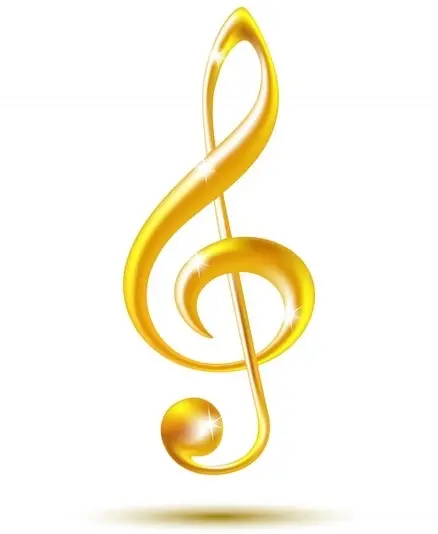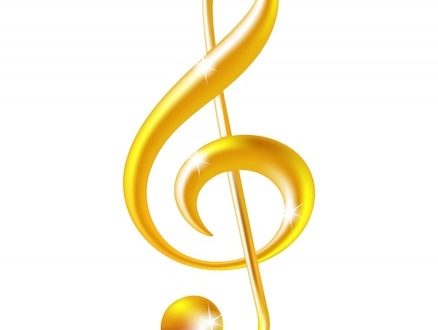
Bandmaster |
German Kapellmeister, from Kapelle, here – choir, orchestra and Meister – master, leader
Initially, in the 16-18 centuries, the head of the choir. or instr. chapels, in the 19th century. Symphonic conductor, theater orchestra or choir. The position of K. existed from the 11th century. with the French king. court, but it was occupied not by a musician, but by the highest court clergyman, called. master of the royal chapel (Magister capellanorum regio). At the papal court in Avignon, such a person bore the title of master of the chapel (Magister capellae). In this sense, before the beginning. 16th century it was assigned to a clergyman who led the divine service, who was in charge of the highest supervision of the choristers; in the 20th century exists at the church. musicians in Italy (Maestro di cappella) and France (Maitre du chapelle). in Germany since the 16th century. K. was called the head of the secular court. music. To the 2nd floor. 19th century with the collapse of the king. and princely chapels, the title of K. lost its meaning (over time, the head of the symphony orchestra became called the conductor, the wind military band – the military conductor, the choir – the choir conductor or choirmaster). K. are often called experienced artisan conductors; Kapellmeister music is a derogatory term for music. production, written with the knowledge of prof. composer’s technique, but devoid of individual style.
I. M. Yampolsky



